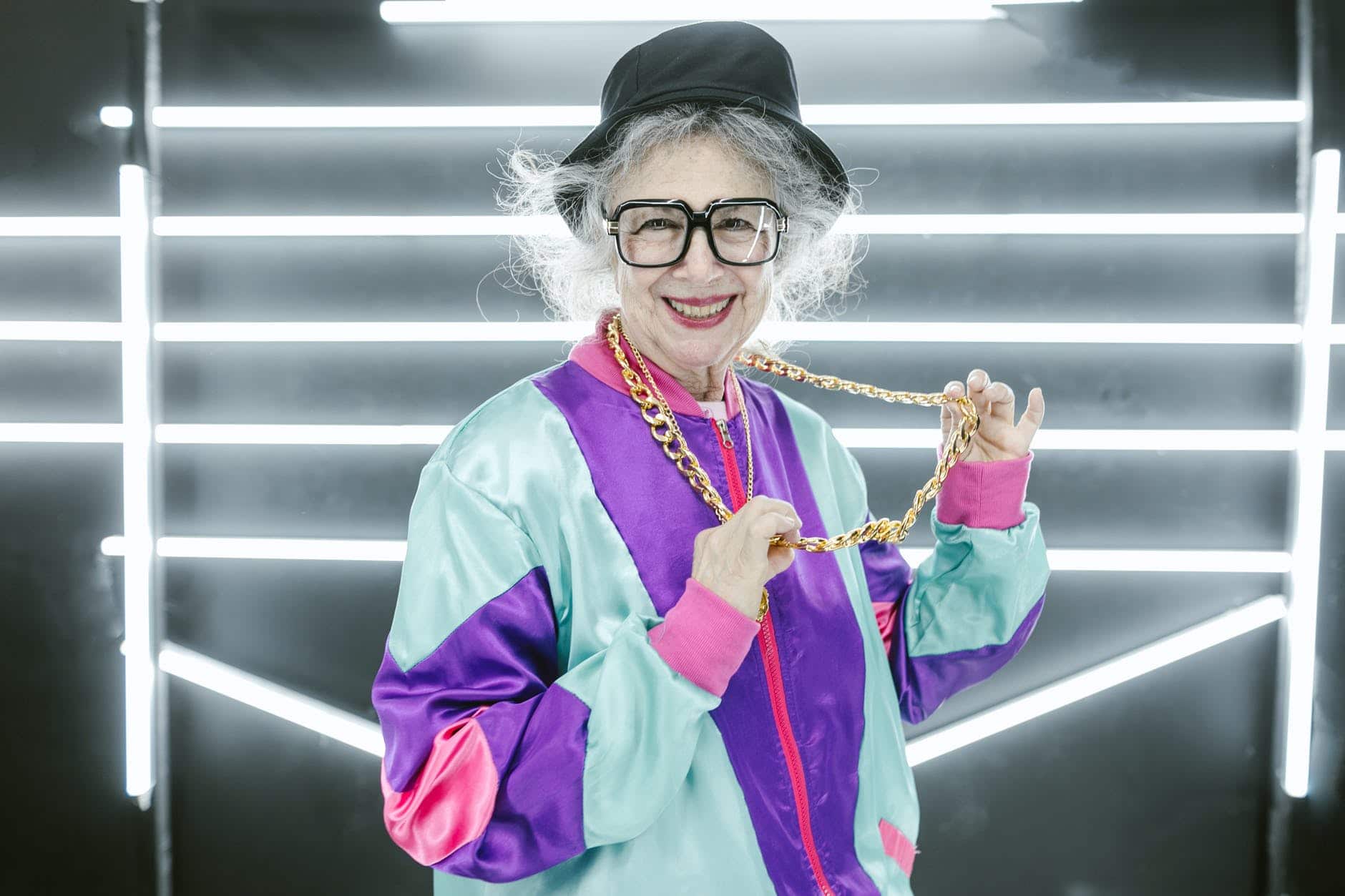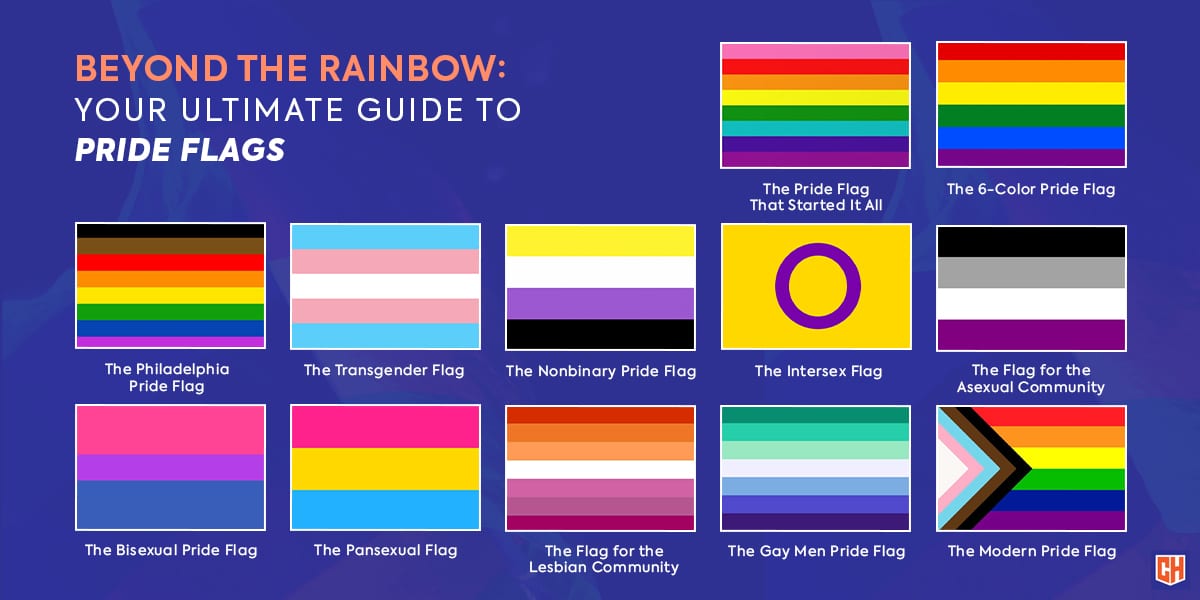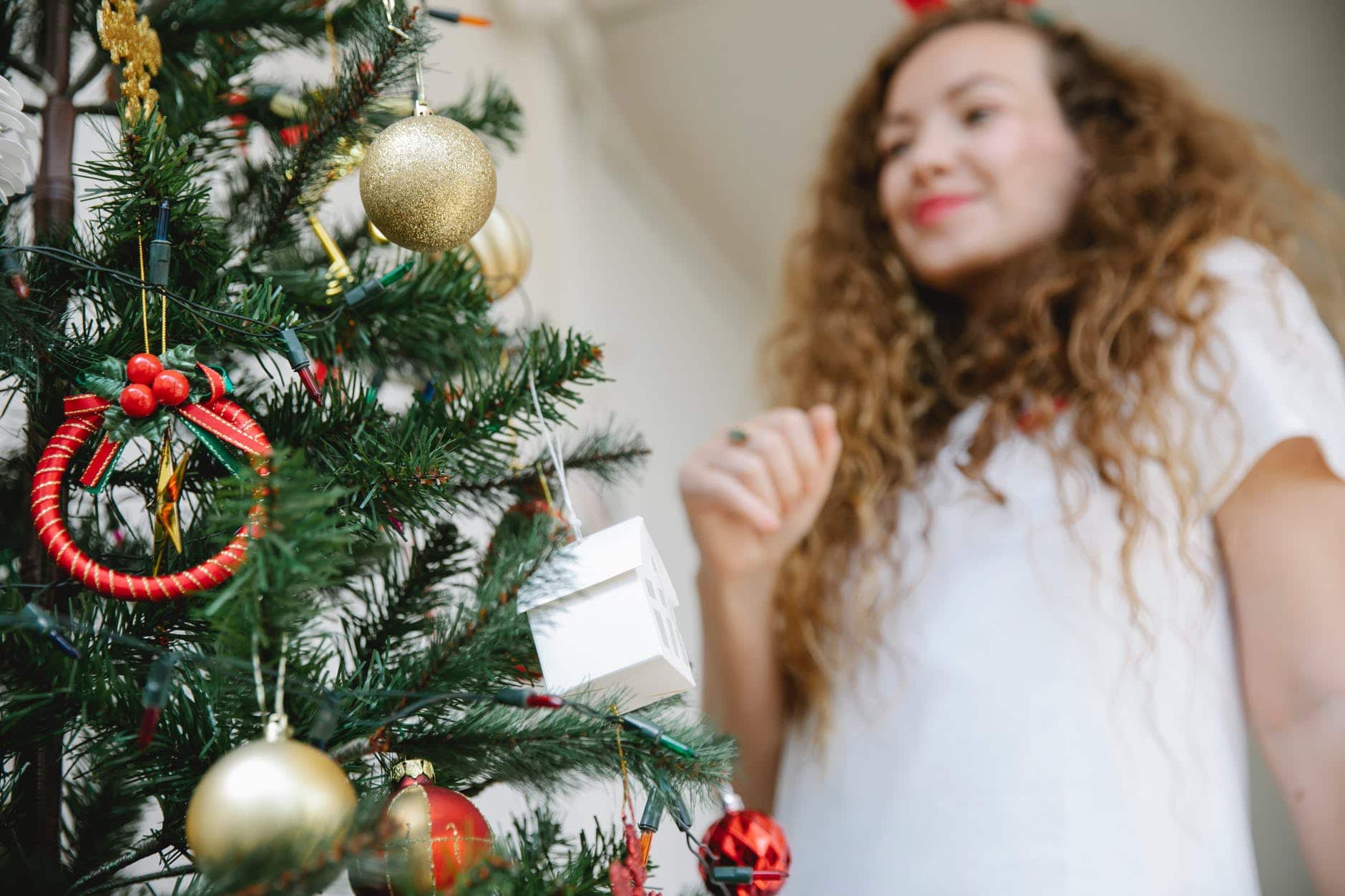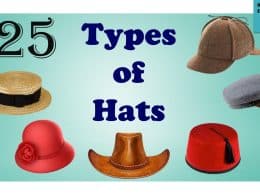Just like wrinkles, grey hairs are one of the visible signs of aging. And just to be clear, there is absolutely nothing wrong with having grey hairs. As a matter of fact, I believe that having grey hair is one of the most beautiful parts of life as we know it.
But if you have ever wondered what causes our once beautiful, dark, red, brown, or blonde hair to turn grey, then you are not alone in that land of wonderment.
In this article, we will explore what is responsible for our hairs turning grey and the possibility of delaying it. Read further.
1. When do most women go grey then?
There is no specific age for women to start noticing strands of grey hairs on their head.
For most women in their mid/late 30s, they should begin to see a few strands of grey hairs, but as they age into their late 40s and early 50, most women shouldn’t be shocked to have above 50% of their scalp hairs change to grey.
2. So, why do we get grey hair in the first place?
Firstly, getting grey hair is completely healthy, and a regular aspect of life. Grey hair is a simple combination of the natural pigmented hairs mixed with some white ones.
The human hair only turns white when the pigmentation cells that are responsible for hair and skin color (melanin) is no longer produced.”
3. Is it possible to slow the rate of greying hair?
Indeed, nutritional and hormonal factors can also affect a person’s hair color. Another factor that may cause a change in hair color is also stress.
However, we must point out that the predisposition to get grey hair earlier or later in life is a genetic one.
4. Is grey hair more common in certain people?
For everyone, grey hair is more of an inherited trait. Meaning that if your parents went grey at an early age, there is a high possibility that you will experience the same.
Caucasians have been noticed to go grey earlier than people of other races, and some health conditions may also lead to premature greying. Some of the conditions are diabetes, thyroid problems, or pernicious anemia.
5. What should we eat to maintain healthy hair?
Hair is made of protein (keratin), which is why it is essential for the growth of strong, healthy hair. Foods such as fish and eggs are all great sources of first-class protein.
All proteins are made of amino acids (both essential and the non-essential). The essential amino acids are more easily absorbed, and abundant in animal protein.
Deficiencies of iron, calcium, zinc, vitamin D, B12, and B6 may be quite common, so it is vital to consume foods that have a high content of these vitamins or, if you are vegan or vegetarian, it may be crucial to take these nutrients in supplemental form.
6. Anything we take to combat going grey if we’re worried?
Yes, some things help. A multivitamin supplement like the Seven Seas Perfect7 (aff) has some Omega-3s, which stops the hair and scalp from drying up and becoming lifeless as they possess a moisturizing effect that can also lessen or stop itching and flaking dandruff.
Another thing the supplement contains is copper, which has been found to prevent the onset of hair turning grey by boosting Melanin production (the pigment that gives hair color).
7. Can we make lifestyle changes to improve hair health?
Since the hair has always been a barometer of human health, whatever improvements we decide to make to our overall well-being, will be a plus for our hair, and even our nails.
A well-balanced diet that is rich in proteins and carbohydrates that contain vital essential vitamins and minerals are fantastic for hair growth.
Because our hair is believed to be a non-essential tissue by the human body, it is crucial that we top up our energy levels with proteins and carbohydrates at 4-5 hours Interval daily.
Research points out that the energy available to non-essential tissue like hair follicles may begin to reduce after some time.
As some specific diseases can have an impact on our immune system and may lead to deficiencies; it is very wise that we have blood tests at least once yearly through a GP or any private practitioner.
8. Does ‘massaging the scalp’ actually do any good?
This is one of the most relaxing facts you’ll ever find on the internet. Just as our bodies require regular exercise, it is also surprising that our head does the same.
Shampooing your hair daily means that you get to massage your scalp, which in turn leads to a clean, fresh, and healthier scalp.
Each time you massage your scalps while washing your hair, it means you are transporting vital nutrients to your scalp through the blood supply and also feeding your follicles.
We hope that you found the grey hair facts here useful. Please leave a comment below telling us what you think.









